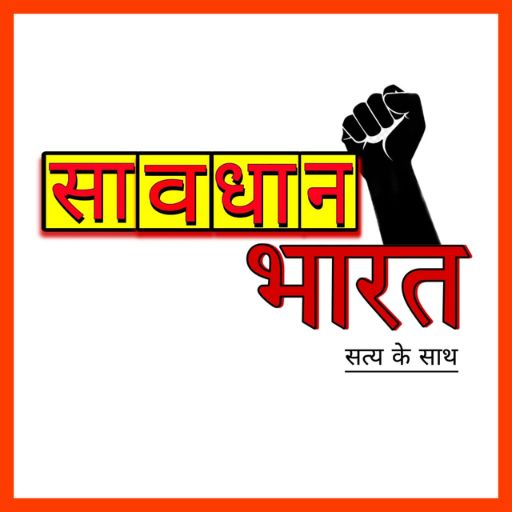Shehbaz Sharif: The political arena in Pakistan is abuzz with anticipation as the country gears up for its prime ministerial election scheduled for March 3. With newly sworn-in Members of the National Assembly (MNAs) set to cast their votes, the atmosphere is charged with excitement and speculation. Let’s delve into the key players and the unfolding political dynamics surrounding this pivotal event.
Key Players:
- Shehbaz Sharif: Nominated by the Pakistan Muslim League-Nawaz (PML-N) and Pakistan People’s Party (PPP), Shehbaz Sharif emerges as a frontrunner for the prime ministerial position. With a rich political background and significant support from allied parties, his candidacy holds substantial weight.
- Omar Ayub: The nominee of the Sunni Ittehad Council (SIC), Omar Ayub presents a formidable challenge to Shehbaz Sharif’s candidacy. Backed by the support of PTI-aligned independent members, Ayub’s bid for the premiership adds an intriguing dimension to the electoral landscape.
Political Dynamics:
- Coalition Dynamics: The alliances formed by major political parties, such as the PML-N and PPP, underscore the importance of coalition-building in Pakistan’s parliamentary system. As parties align to consolidate their influence, the outcome of the election hinges on the strength of these alliances.
- Religious Influence: The emergence of the Sunni Ittehad Council as a significant player in the prime ministerial race highlights the role of religious factions in Pakistani politics. With PTI-backed independent members gravitating towards the SIC, religious sentiments may shape the electoral outcome.
- Family Politics: The nomination of Shehbaz Sharif by his brother, Nawaz Sharif, exemplifies the prevalence of family dynamics in Pakistani politics. As dynastic politics intersect with party affiliations, the Sharif family’s influence looms large over the electoral process.
- Governance Imperatives: Against the backdrop of economic challenges and regional security concerns, the incoming prime minister faces daunting governance tasks. The electorate’s expectations regarding socio-economic development and security will play a crucial role in shaping the priorities of the future government.
Conclusion: The forthcoming prime ministerial election in Pakistan signals a critical juncture in the country’s political trajectory. With prominent figures vying for leadership roles and alliances shaping the electoral landscape, the outcome holds far-reaching implications for Pakistan’s governance structure. As the nation awaits the results, the interplay of political dynamics and electoral strategies will undoubtedly shape the course of its future.
Shehbaz Sharif:
Read here: “U.S. Senate Averts Shutdown: Last-Minute Funding Bill Passed & Biden Set to Sign”



